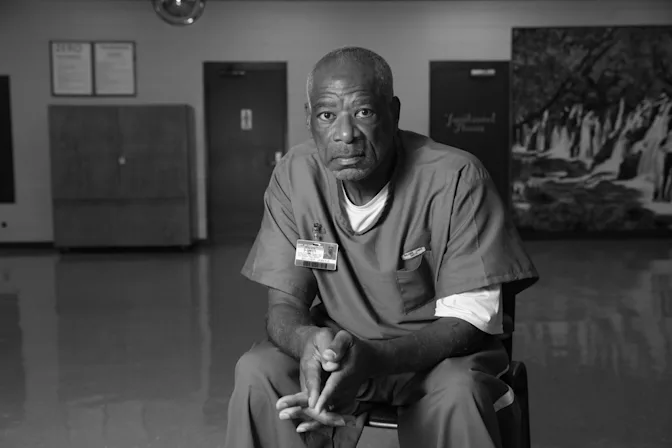
How Mercy Workers Save Lives on Death Row
Mercy workers, also known as death penalty mitigation specialists, play a crucial but often overlooked role in the justice system. These professionals delve deep into the lives of defendants facing the death penalty, uncovering factors that may have contributed to their criminal behavior. This information can be pivotal during sentencing, potentially sparing individuals from the ultimate punishment.
The Role of Mercy Workers
Mercy workers investigate the backgrounds of defendants, uncovering histories of trauma, mental illness, or socio-economic hardships that may have shaped their behavior. This process, known as mitigation, aims to present a comprehensive picture of those who commit murder, to understand who they were before the crime and what led them to commit such acts. Their goal is to persuade juries, judges, and prosecutors to grant mercy, often resulting in a life sentence rather than a death sentence.
Sara Baldwin and Her Contributions
Sara Baldwin, a prominent mitigation specialist, has been highlighted by the Marshall Project for her significant work in the field. Baldwin's approach is characterized by her thorough and empathetic examination of a defendant's life history. She has worked on numerous high-profile cases, bringing to light the complexities of her clients' lives that are often overlooked. According to The Marshall Project, Baldwin believes, "You can have a valuable, meaningful life that's worth living behind those walls ... You can influence a lot of people who are going to get out." Her dedication to her work not only helps to humanize defendants, but also challenges the often-harsh perceptions of those facing the death penalty.

The Case of James Belcher
James Bernard Belcher was facing the death penalty for the murder of Jennifer Embry, a crime that shocked the community. According to The Marshall Project, Baldwin recalled that despite his confession, Belcher expressed confusion and remorse, struggling to understand why he had raped and killed her, "I don't have the words to tell you what is in my heart." As a seasoned mitigation specialist, Baldwin meticulously documented Belcher's history of severe childhood trauma, including abuse and neglect, and presented this information to the court. Baldwin speculated that his traumatic past might have contributed to a kind of disassociation in his actions, as reported by The Marshall Project, "it's not normal human behavior to kill someone." Baldwin's efforts revealed Belcher's humanity and offered a detailed view of his life, countering the notion of him as an irredeemable criminal.

Challenges and Impact
Mercy workers, despite their crucial role, often operate under tough conditions, navigating complex legal, ethical, and emotional landscapes. They regularly encounter the harsh realities of their clients' pasts and must present these stories compellingly to legal professionals and juries who might be skeptical or dismissive of these mitigating factors.
The contributions of mercy workers reach beyond individual cases, their efforts spark critical conversations about the fairness and effectiveness of the death penalty as a form of justice. By highlighting the root causes of criminal behavior, they promote a more compassionate and nuanced understanding of crime and punishment. Over the past three decades, mitigation specialists have been instrumental in reducing the number of death sentences from over 300 annually in the mid-1990s to fewer than 30 in recent years.
A Call for Recognition
Mercy workers, including Sara Baldwin, remain largely unsung heroes in the legal world. Their tireless efforts to humanize defendants and advocate for fair sentencing are vital components of a just society. Recognizing and supporting their work is crucial for ensuring that the justice system serves not only as a means of punishment but also as a vehicle for understanding and rehabilitation.
References: The Mercy Workers | The "Mercy Workers" Who Fight the Death Sentence
























